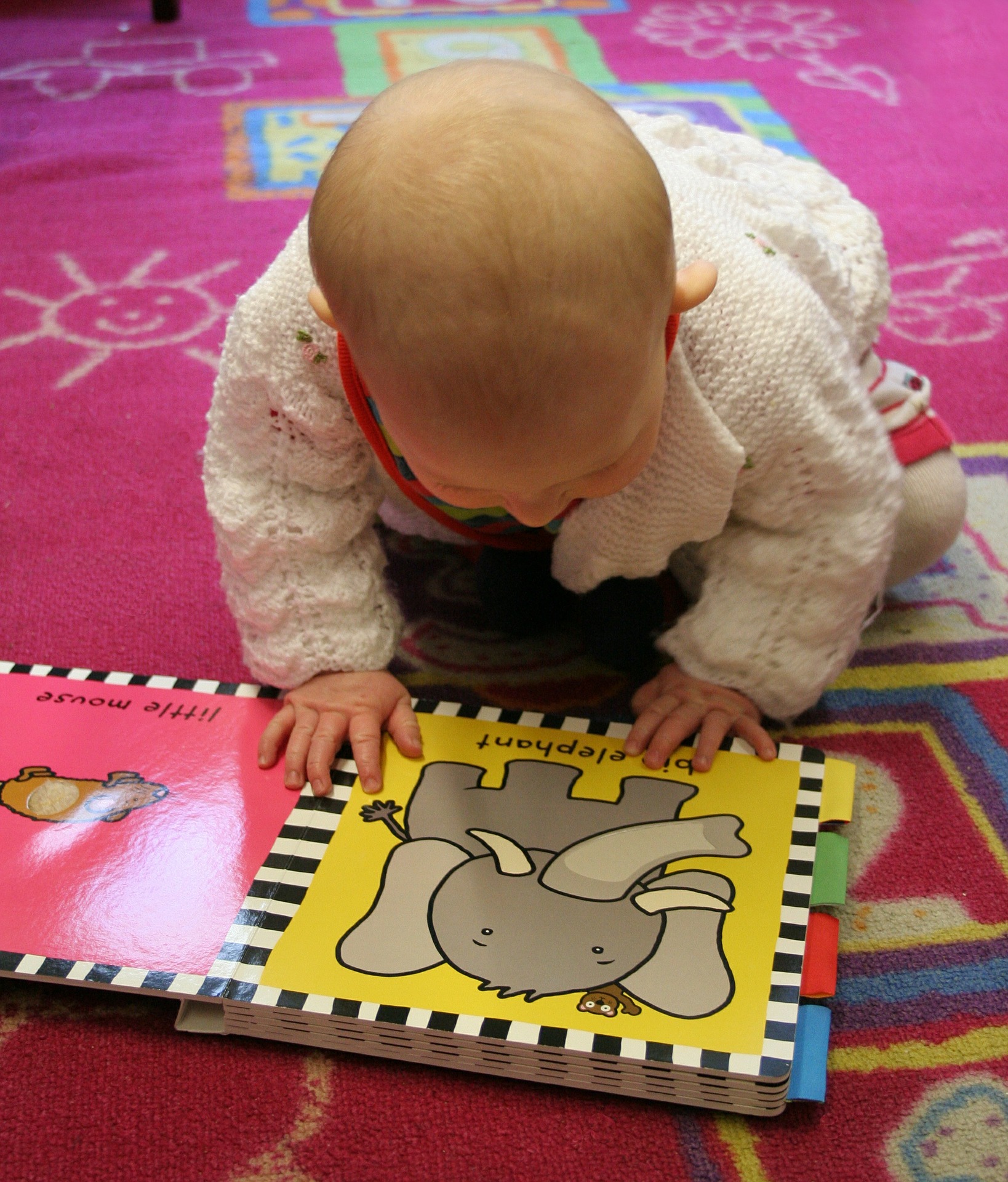Search

Research
MeaslesMeasles is a highly contagious infectious disease that can cause severe, long-term complications in children.
Research
Pragmatic Low-Dose Oral Immunotherapy for Preschool Children With Peanut Allergy: A Randomised Controlled TrialPeanut allergy is the most common childhood-onset, persistent food allergy. Peanut oral immunotherapy (OIT) is a potential treatment, but few studies prospectively examine the outcome of peanut OIT in young children using parent-measured doses compared to standard care (peanut avoidance).
Research
CyberbullyingCyberbullying is a form of online harassment, where the bullying is carried out through the use of modern technology.
Research
Generating evidence to inform responsive and effective actions for Aboriginal and Torres Strait Islander adolescent health and well-being: a mix method protocol for evidence integration 'the Roadmap Project'Australia does not have a national strategy for Aboriginal and Torres Strait Islander adolescent health and as a result, policy and programming actions are fragmented and may not be responsive to needs. Efforts to date have also rarely engaged Aboriginal and Torres Strait Islander people in co-designing solutions. The Roadmap Project aims to work in partnership with young people to define priority areas of health and well-being need and establish the corresponding developmentally appropriate, evidence-based actions.
Research
An Exploration of LGBTQA+ Young People’s Coping Strategies When Navigating Suicidal Thoughts and BehaviorsLGBTQA+ young people experience suicidal thoughts and behaviors at a much greater rate than their heterosexual and cisgender peers. This study explored firsthand accounts of the coping strategies employed by LGBTQA+ young people when experiencing suicidal thoughts and behaviors.
Research
Skin health of Aboriginal children living in urban communitiesSkin concerns are frequent among urban-living Aboriginal children, yet specialist dermatology consultations are limited with studies highlighting the need for improved cultural security. Through newly established paediatric dermatology clinics at two urban Aboriginal Community Controlled Health Organisations (ACCHOs), we aimed to describe clinic and patient data, including disease frequencies and associations, to inform dermatology service provision and advocacy.
Research
Respiratory Viral Testing Rate Patterns in Young Children Attending Tertiary Care Across Western Australia: A Population-Based Birth Cohort StudyBelaynew Christopher Peter Hannah Minda Huong Taye Blyth Richmond Moore Sarna Le MD, MPH, PhD MBBS (Hons) DCH FRACP FRCPA PhD MBBS MRCP(UK) FRACP OAM
Research
Psychometric evaluation of clinician- and caregiver-reported clinical severity assessments for individuals with CDKL5 deficiency disorderThe CDKL5 Clinical Severity Assessment is a comprehensive, content-validated measurement tool capturing the diverse challenges of cyclin-dependent kinase-like 5 deficiency disorder, a genetically caused developmental epileptic encephalopathy. The CCSA is divided into clinician-reported and caregiver-reported assessments. The aim of this study was to evaluate the factor structure of these measures through confirmatory factor analysis and evaluate their validity and reliability.
Research
Australian Group on Antimicrobial Research surveillance outcome programs - bloodstream infections and antimicrobial resistance patterns from patients less than 18 years of ageFrom 1 January 2020 to 31 December 2021, thirty-eight institutions across Australia submitted data to the Australian Group on Antimicrobial Resistance (AGAR) from patients aged < 18 years (AGAR-Kids). Over the two years, 1,679 isolates were reported from 1,611 patients. This AGAR-Kids report aims to describe the population of children and adolescents with bacteraemia reported to AGAR and the proportion of resistant isolates.
Research
Effects of pregnancy and lactation prebiotics supplementation on infant allergic disease: A randomized controlled trialIngestion of prebiotics during pregnancy and lactation may have immunomodulatory benefits for the developing fetal and infant immune system and provide a potential dietary strategy to reduce the risk of allergic diseases. We sought to determine whether maternal supplementation with dietary prebiotics reduces the risk of allergic outcomes in infants with hereditary risk.
